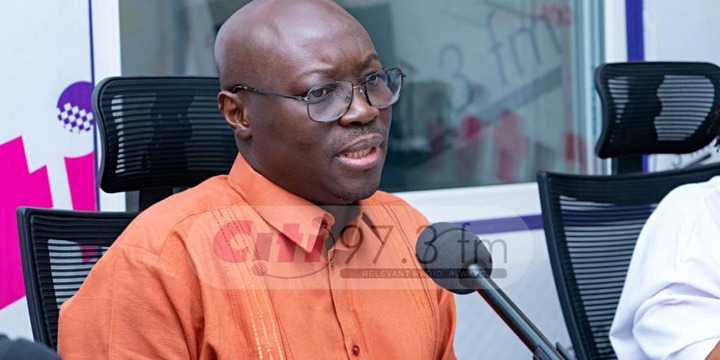Fitch Solutions is forecasting robust economic growth for Ghana in 2026, projecting that the country will outperform many of its emerging-market peers. The UK-based research firm attributes this outlook to Ghana’s solid macroeconomic performance in 2025 and expects the momentum to extend into next year.
Speaking at the 2026 PricewaterhouseCoopers (PwC) post-budget forum held on Wednesday, November 19, 2025, in Accra, Assistant Director at Fitch Solutions, Mike Kruiniger, described Ghana’s growth trajectory as particularly impressive.
“We see the 2026 budget as broadly supportive of growth, and this aligns with our forecast that Ghana’s real GDP growth will rise from an already strong 5.8% in 2025 to 5.9% in 2026. Continued strong economic performance will be driven by private consumption and an ongoing recovery in fixed investment, which is rebounding from the sharp contraction recorded in 2023.
“In the medium term—looking beyond 2026—growth is expected to remain healthy at around 5%, supported by expanding domestic demand. Importantly, Ghana’s growth projections are strong not only by its historical standards but also compared to global peers. Ghana is set to outpace several other emerging markets next year, including mainland China, Indonesia, and Kenya.
“Overall, Ghana’s growth story in 2026 will be one of outperformance”, he noted.
However, Kruiniger cautioned that the escalating Islamist insurgency in the Sahel poses a significant risk to Ghana’s economic outlook heading into 2026. He explained that persistent instability in the region could lead to security spillovers with implications for Ghana’s investment climate, fiscal health, and broader macroeconomic stability.
He further noted that Ghana may be compelled to increase military spending to safeguard the economy from potential shocks.
“So far, Ghana has been relatively shielded from violent spillovers compared to other coastal West African states—Benin, for example. This resilience is partly due to the northern terrain, which is far less forested than in Benin or Côte d’Ivoire, making it harder for Sahel-based militants to operate undetected.
“Additionally, state control in northern Ghana remains stronger than in many neighbouring countries. But Islamist groups are gaining ground in the Sahel, particularly in Mali, and the risks to Ghana are rising.
“Our base case is that Ghana will remain largely insulated from major attacks. But if militants were to cross into northern Ghana, the government would likely need to ramp up military spending, which is currently among the lowest in sub-Saharan Africa.”
